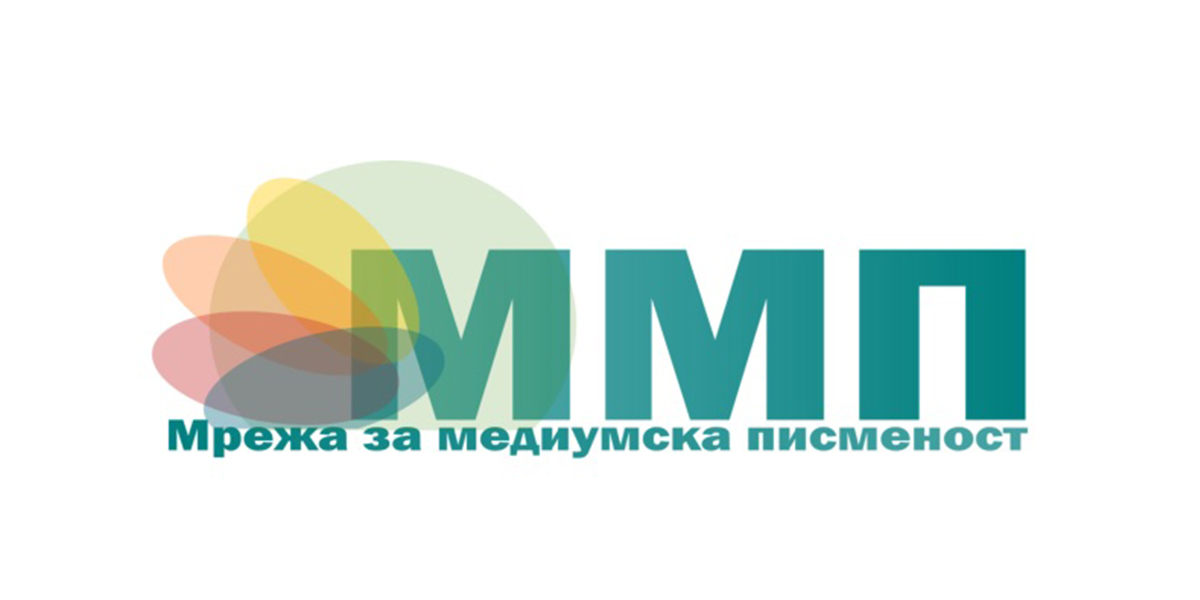Introduction
The members of the Media Literacy Network, in their initiatives and activities for the promotion of media literacy in the country, often rely on data obtained from research on various aspects of this phenomenon: the awareness and attitudes of individuals about media content, the skills and abilities of different age groups from the population to critically perceive the contents, behavior and practices of the population regarding online contents, etc.
The purpose of these Guidelines is to promote ethical behavior towards all individuals and groups involved in research, but also to encourage good research practice and improve quality in the planning, implementation and publication of media literacy research.
By adopting the Guidelines, members of the Media Literacy Network agree to abide by basic ethical norms and guidelines when conducting media literacy research. Thus, this document becomes binding both for the member organizations of the Network and for the individual researchers working for them.
Research ethics implies a set of values, norms and rules of behavior according to which a research community is guided in the implementation of research practice, regardless of whether it is part of scientific or applied social research. Guidelines for research ethics in a particular field codify the basic values and norms of the research community dealing with that field, but they still rely on general research ethics in the social sciences.
Although the term research ethics refers mainly to the issues related to the way the researcher deals with the subjects involved in the research, it also includes other activities related to the quality implementation of research: the planning of the research, the organization and implementation of the research process, the dissemination of the results etc.
More on the following LINK






